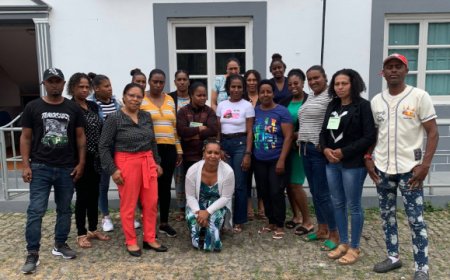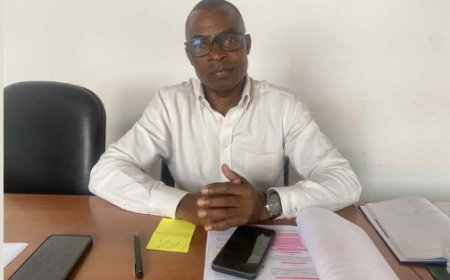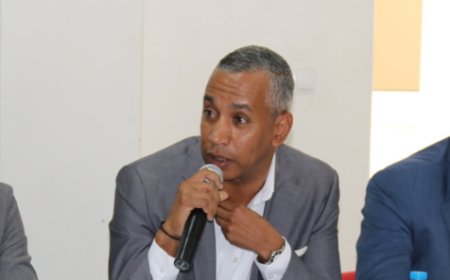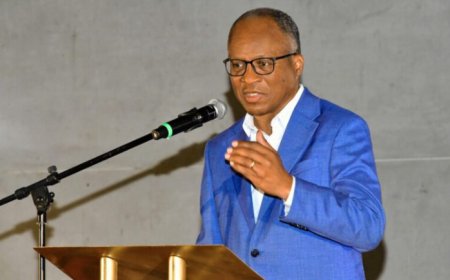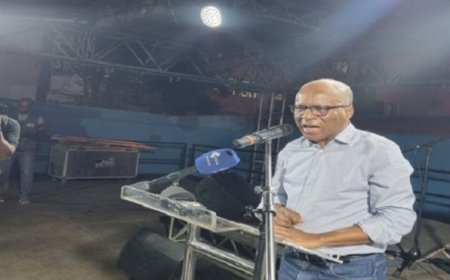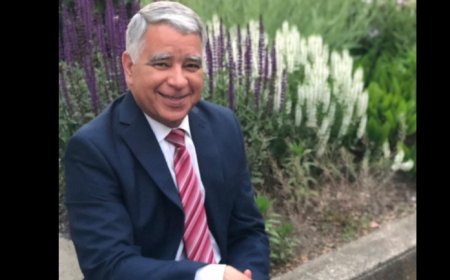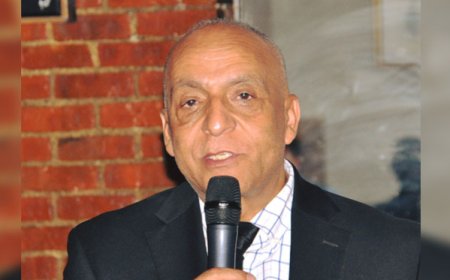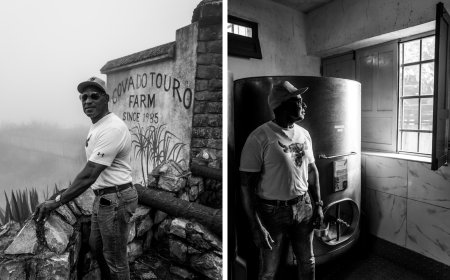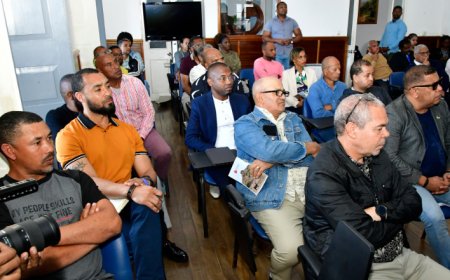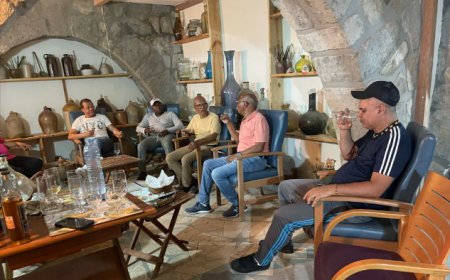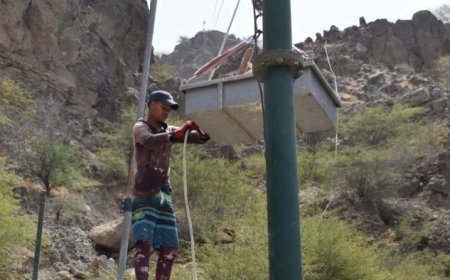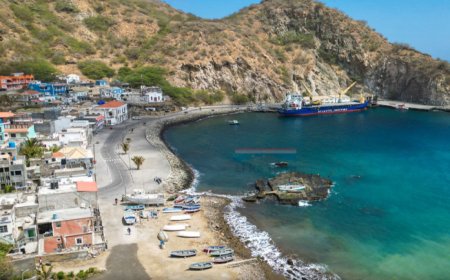Cape Verde and the risk of authoritarian populism in a context of national and transnational challenges
Authoritarian populism has become a global concern and Cape Verde, despite its democratic tradition, is not immune to this threat. The entry of leaders who promise easy solutions to complex problems, while discrediting institutions and exploiting popular dissatisfaction, represents a real risk to the country's stability and development.
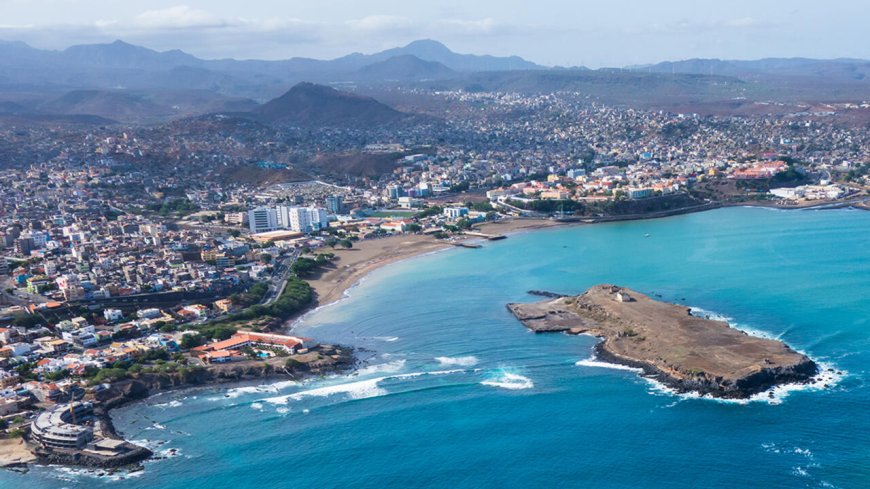
The rise of this type of populism is often fueled by a number of factors, many of which are already visible on the Cape Verdean scene. The feeling that national problems remain unsolved - such as the precariousness of inter-island transport, challenges in education and deficiencies in health - can create fertile ground for discrediting traditional politics. When citizens feel abandoned by the political class, the door opens to figures who present themselves as "saviors of the fatherland", promising to solve everything with the snap of a finger.
One of the pillars of authoritarian populism is the simplification of complex problems. Instead of presenting realistic and long-term proposals, populists offer emotional and superficial answers. For example, instead of discussing the complexity of an efficient and sustainable maritime and air transportation system, a populist might simply blame the "lack of political will" and promise "more planes and boats" at very low prices, without a concrete plan. This strategy of minimizing the big problems generates a dangerous cycle: the promises aren't kept, but the populist finds scapegoats to blame, such as the "corrupt elite" or the "lying media".
The issue of corruption and lack of transparency also plays a crucial role. The perception that public resources are misappropriated and that power is exercised in an opaque manner can undermine trust in democratic institutions. The authoritarian populist exploits this mistrust by presenting himself as the only one capable of "cleaning up the system". However, once in power, this same figure often uses the mechanisms of the state to silence critics, concentrate power and, paradoxically, deepen corruption in a more systemic way.
The recent history of other countries serves as a warning. In the United States, the rise of Donald Trump was driven by the frustration of a portion of the population with traditional politics, dissatisfaction with the economy and the exploitation of social tensions. Trump promised to "make America great again" and presented himself as an "outsider" who would fix the country's problems. He attacked the media, institutions and the very legitimacy of the electoral process.
In Brazil, Jair Bolsonaro's government was also based on anti-politics and anti-corruption rhetoric. Bolsonaro capitalized on popular dissatisfaction with the economic crisis and corruption scandals, promising a break with the political system. Like Trump, he has frequently questioned democratic institutions, attacked the press and relied on a loyal voter base to maintain power. In both cases, populist rhetoric, combined with distrust of institutions, has created an environment of polarization and weakened democracy.
For Cape Verde, the way to avoid the entry of authoritarian populism is to strengthen its democracy. It is essential that traditional political leaders face up to national challenges in a serious and transparent way. This means presenting realistic solutions to the problems of transportation, health and education, and actively working to combat corruption and increase transparency. Civil society, for its part, must remain vigilant, demanding accountability from those in power and promoting constructive debate.
The fight against authoritarian populism is not won with populism on the opposite side. It is won by strengthening institutions, by respecting the law, by valuing a free press and, above all, by an informed and engaged citizenry, capable of distinguishing empty promises from genuine solutions. The history of other countries shows that the ease promised by populists is a dangerous path that, in the end, costs democracy and the people dearly.
















